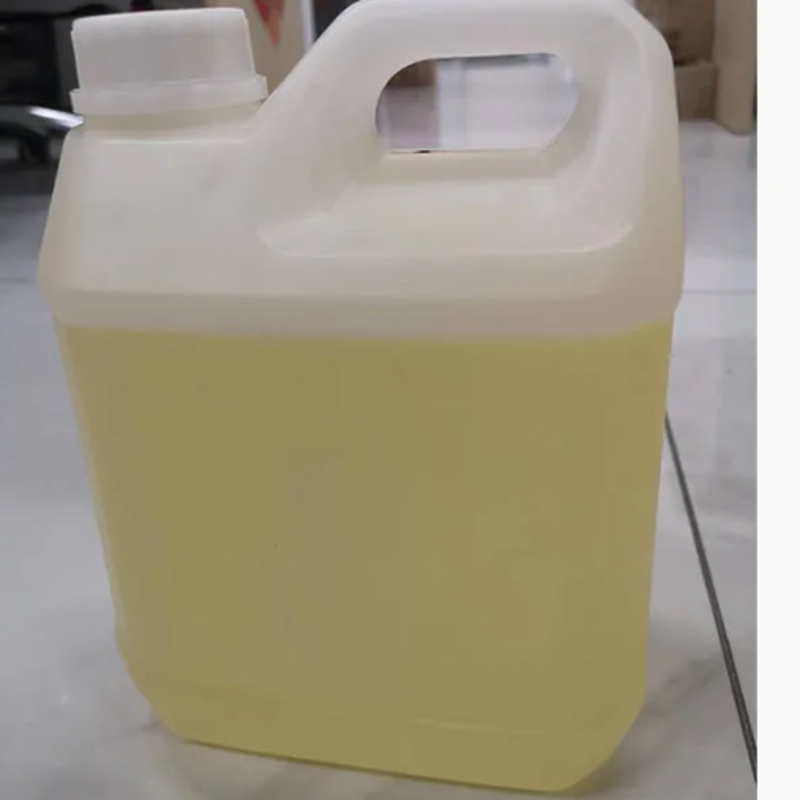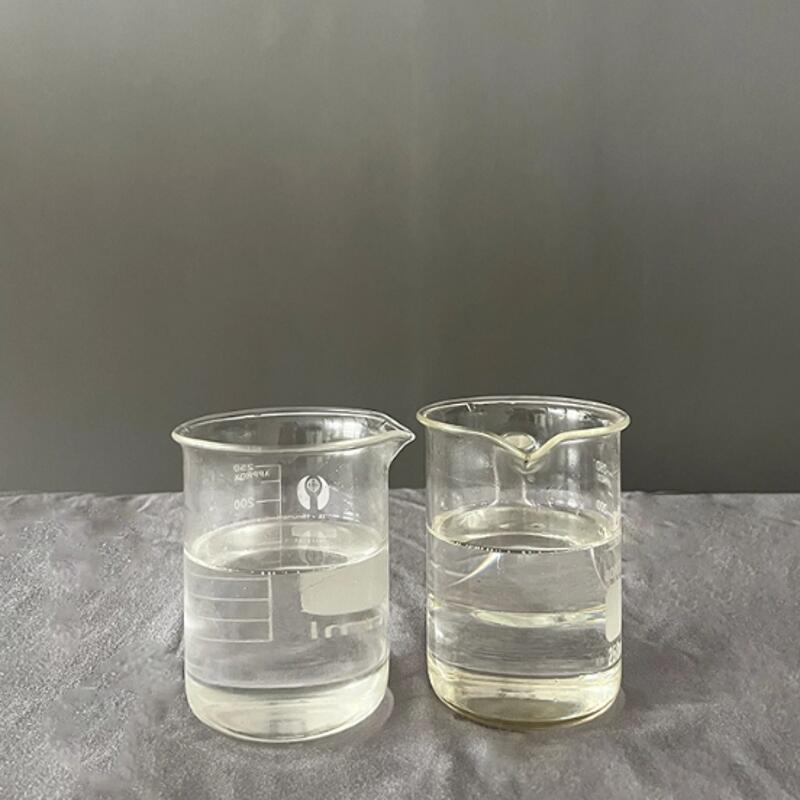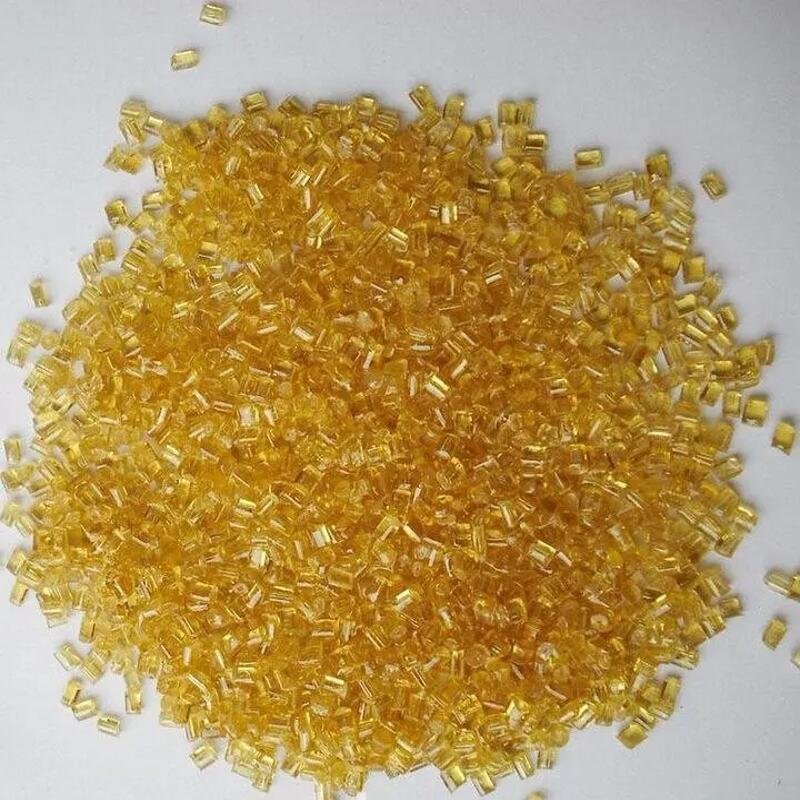-
Categories
-
Pharmaceutical Intermediates
-
Active Pharmaceutical Ingredients
-
Food Additives
- Industrial Coatings
- Agrochemicals
- Dyes and Pigments
- Surfactant
- Flavors and Fragrances
- Chemical Reagents
- Catalyst and Auxiliary
- Natural Products
- Inorganic Chemistry
-
Organic Chemistry
-
Biochemical Engineering
- Analytical Chemistry
-
Cosmetic Ingredient
- Water Treatment Chemical
-
Pharmaceutical Intermediates
Promotion
ECHEMI Mall
Wholesale
Weekly Price
Exhibition
News
-
Trade Service
PET bottles used for soft drinks and mineral water packaging are often touted as the most environmentally friendly plastics, with one of the highest recycling rates in the industry
.
But those claims are now being challenged by new research
.
Only a small fraction of PET is recycled to make new plastic bottles
Only a small fraction of PET is recycled to make new plastic bottlesOnly a fraction of the recycled PET collected from household waste is recycled to make new bottles, according to new research released Wednesday (Feb 16) by consultancy Eunomia
.
According to research by environmental NGO Zero Waste Europe, new bottles placed on the EU market on average contain only 17% recycled PET, despite a PET recycling rate of around 50%
.
PET stands for polyethylene terephthalate and is a common plastic used in the beverage industry
.
(The picture comes from the Evian website)
The report found that recycled PET is often not used in new bottles, but rather "downcycled" into lower-quality products such as plastic pallets, strapping or fibers
.
However, the recycling usage of PET bottles varies widely across Europe
.
Countries like Germany, which introduced the Deposit Return System (DRS), have achieved high recycling rates, with consumers returning their bottles to recycling banks for closed-loop recycling or reuse
.
Industry association Petcore Europe said 10 EU countries have now established deposit rebate systems
.
Even so, not all recycled plastic can be reused to make new plastic bottles, the report found
.
Of the 1.
8 million tons of recycled plastic flakes from bottles, only 31% was re-pelletized to make plastic bottles, with the rest (69%) used in other lower-quality PET products
.
"This study shows that the current recycling of PET is relatively limited, and unless major policies are introduced to remove technical and economic barriers, the future status of PET recycling may be difficult to break
," said Dorota Napierska from Zero Waste Europe
.
"We might speculate that if the most recyclable plastics struggle to achieve multiple cycles, then other types of plastics may face greater challenges
," she added
.
Growing demand for recycled PET
Growing demand for recycled PETPetcore Europe, a trade association representing manufacturers of PET plastics, declined to comment directly on the study's findings, pointing instead to the latest industry recycling figures released on Jan.
22
.
"This report shows that PET packaging in Europe is steadily moving towards circularity in terms of collection, recycling capacity and production," the association said
.
This evolution is largely due to increased collection and recycling capacity, ambitious recycling plastic targets, and The manufacturer’s commitment and goal to incorporate recycled content into the bottle
.
”
According to Petcore Europe, nearly 66 billion bottles, or 57% of the bottles, were collected and recycled in 2014, mainly for mineral water and soft drinks
.
But if the makers of PET bottles have access to so much recycled material, why don't they use it all?
According to Dorota Napierska, the problem is not that simple
.
"The makers of PET bottles don't always have access to this material," she said, as demand from other industries wants to increase the recycled content in their products
.
"Demand and competition for recycled PET is growing not only in the packaging industry but also in other non-food industries such as fashion," Napierska told EURACTIV
.
In fact, the European beverage industry has called on the European Commission to promote equitable access to recycled PET bottles to effectively achieve a "closed bottle loop"
.
“What happens to a winter jacket made from PET bottles after a few years of wear? It won’t be recycled into a new winter jacket, but it’s likely to be thrown away, which could end up in landfills or incinerators
.
” said UNESDA, the trade association representing the European soft drink industry
.
"This means the material is downcycled and the high-quality recycling cycle is broken, making it a non-recycling product
," the association said
.







